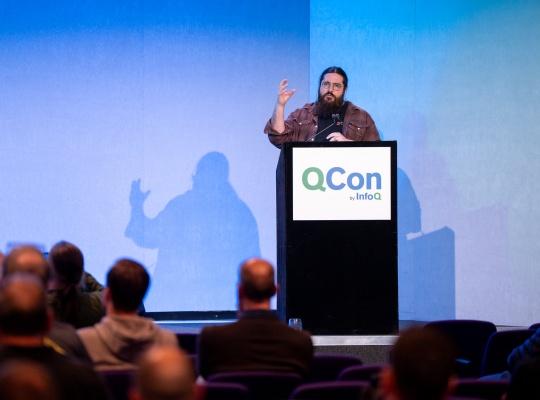Codetown
Codetown ::: a software developer's community
Why to choose Web Scraping Service not Web Scraping Software?
As i am writing this post, there are many outstanding web scraping software have been released in the market and also one major exit from the market called as Kimono.
Still i will pitch for Web Scraping Service over Web Scraping Software because of the following reasons :
Pros :
1. One time fee payment and life time usage.
2. Consists of Built-in Rich Features required for web scraping process.
3. Can Scrape simple website in fraction of time.
4. Some Software can also extract data from PDF file.
5. You can read online reviews before buying software.
6. Variety of software available for specific need like email extraction
Cons :
1. Limited scope of customization.
2. Cannot scrape complex websites.
3. Most of the web scraping software can only run on windows operating system.
4. High Price.
5. User must have knowledge of things required for web scraping process like xpath, regex, etc.
Web Scraping Service :
Pros :
1. Expertise in web scraping so you get data from any damn website.
2. Can deliver required script or software to run at your own machine.
3. No need to purchase any resources required for web scraping purpose.
4. Above all "Quality data is guaranteed".
Cons :
1. High Price. This is the only disadvantage i see with web scraping service.
So, now it is up to individual what to choose. I will go for web scraping service simply because it delivers quality data in less time.
Notes
Welcome to Codetown!
 Codetown is a social network. It's got blogs, forums, groups, personal pages and more! You might think of Codetown as a funky camper van with lots of compartments for your stuff and a great multimedia system, too! Best of all, Codetown has room for all of your friends.
Codetown is a social network. It's got blogs, forums, groups, personal pages and more! You might think of Codetown as a funky camper van with lots of compartments for your stuff and a great multimedia system, too! Best of all, Codetown has room for all of your friends.
Created by Michael Levin Dec 18, 2008 at 6:56pm. Last updated by Michael Levin May 4, 2018.
Looking for Jobs or Staff?
Check out the Codetown Jobs group.
InfoQ Reading List
NVIDIA Dynamo Planner Brings SLO-Driven Automation to Multi-Node LLM Inference

Microsoft and NVIDIA have released Part 2 of their collaboration on running NVIDIA Dynamo for large language model inference on Azure Kubernetes Service (AKS). The first announcement aimed for a raw throughput of 1.2 million tokens per second on distributed GPU systems.
By Claudio MasoloMicrosoft Ships OData .NET (ODL) 9.0.0 Preview 3: Safety, Modern APIs, and Spec Compliance

Microsoft released OData .NET (ODL) 9.0.0 Preview 3, the latest preview iteration of the OData .NET client and core libraries, continuing the modernisation effort of the library. This preview focuses on safer default behaviours, runtime API cleanup, and closer conformance with the OData specification as the team works toward a stable 9.x release.
By Edin KapićUber Gets Ready for AI in Network Observability with Cloud Native Overhaul

Transportation company Uber has publishing a detailed account of its new observability platform on it's blog, highlighting that for them, network visibility is now a strategic capability rather than a set of discrete monitoring tools.
By Matt SaundersRspack Releases Version 1.7: Final 1.x Update Before 2.0 Transition

Rspack 1.7 has launched, enhancing performance and plugin compatibility as it prepares for a major version transition. Key features include improved SWC plugin compatibility, native asset importing as bytes, and default lazy compilation for dynamic modules. With performance gains reported up to 80%, Rspack offers a faster, Rust-based alternative to webpack while maintaining API compatibility.
By Daniel CurtisPresentation: WASM Components are a FaaS' Best Friend

Laurent Doguin shares why Wasm’s cold-start performance and security model make it the ideal FaaS runtime. He discusses the WebAssembly Component Model for polyglot interoperability and explains how to build distributed, provider-based architectures using CNCF wasmCloud and NATS. Ideal for architects looking to scale "scale-to-zero" infrastructure without the overhead of heavy containers.
By Laurent Doguin
© 2026 Created by Michael Levin.
Powered by
![]()
You need to be a member of Codetown to add comments!
Join Codetown